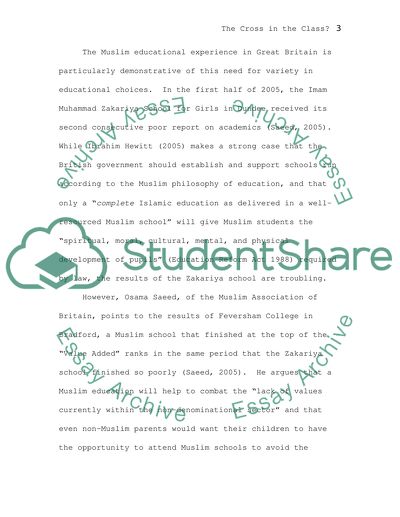Cite this document
(“Religion in the Education System Essay Example | Topics and Well Written Essays - 2000 words”, n.d.)
Religion in the Education System Essay Example | Topics and Well Written Essays - 2000 words. Retrieved from https://studentshare.org/education/1512412-religion-in-the-education-system
Religion in the Education System Essay Example | Topics and Well Written Essays - 2000 words. Retrieved from https://studentshare.org/education/1512412-religion-in-the-education-system
(Religion in the Education System Essay Example | Topics and Well Written Essays - 2000 Words)
Religion in the Education System Essay Example | Topics and Well Written Essays - 2000 Words. https://studentshare.org/education/1512412-religion-in-the-education-system.
Religion in the Education System Essay Example | Topics and Well Written Essays - 2000 Words. https://studentshare.org/education/1512412-religion-in-the-education-system.
“Religion in the Education System Essay Example | Topics and Well Written Essays - 2000 Words”, n.d. https://studentshare.org/education/1512412-religion-in-the-education-system.


